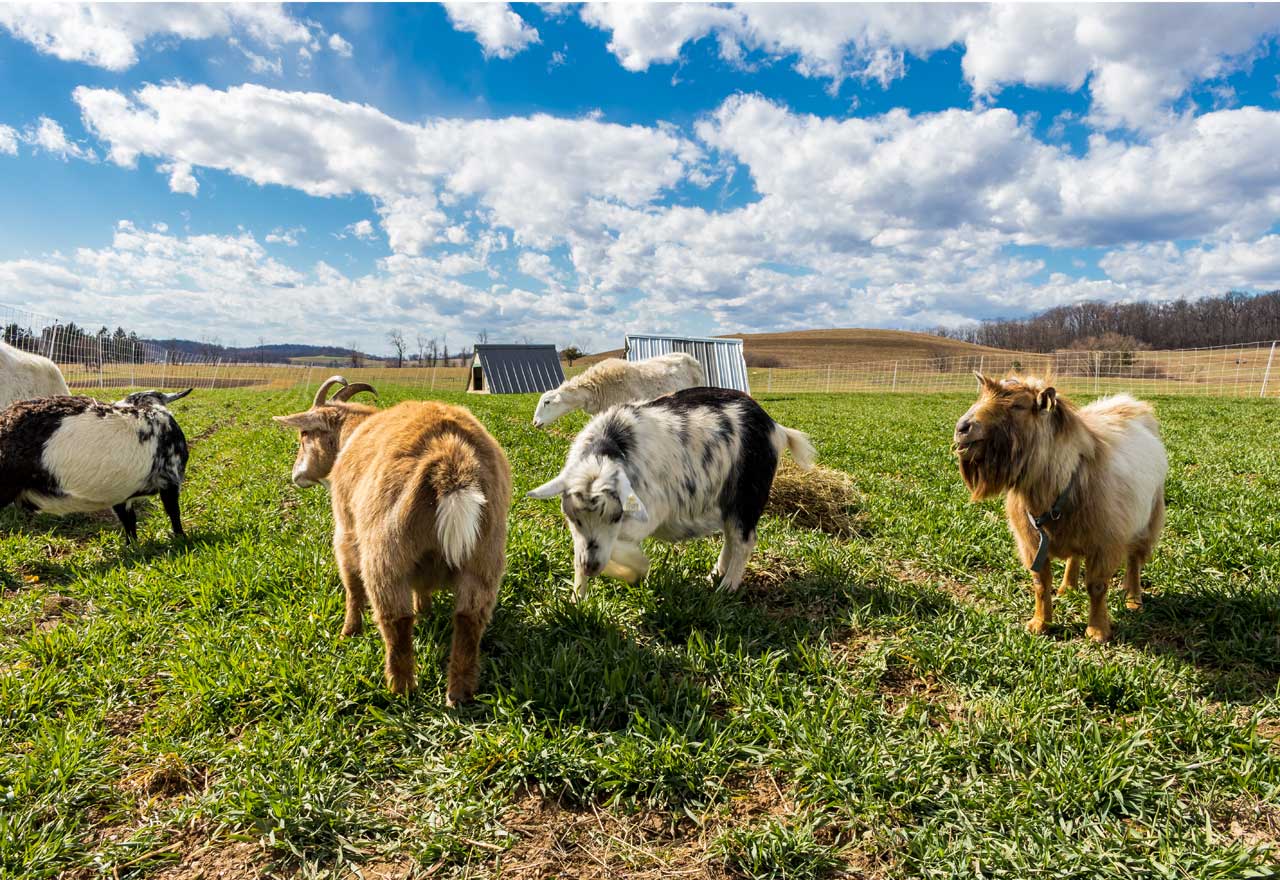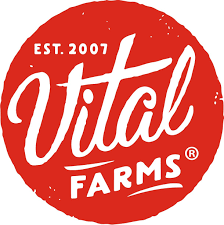Building Organic Matter, Storing Carbon, Combating Drought [This article was previously published in the spring issue of The Cultivator, Cornucopia’s quarterly newsletter.] by Kestrel Burcham, JD, Farm and Food Policy Analyst & Jennifer Hayden, Ph.D, Communications and Development Director at The Cornucopia Institute Source: USDA Many of the soils in the U.S. are depleted— unproductive, eroded, lacking microbial… Read more »
Search Results for: regenerative agriculture
The Case for Soil in Organic Agriculture
Cornucopia’s Take: Organic soil-based farmer Dave Chapman of Long Wind Farm offers this update on keeping the soil in organic. Public comments to the USDA are due by 11:59PM (ET) this Thursday, March 30. The Battle for Soil in Organic Agriculture Long Wind Farm by Dave Chapman Dave Chapman testifies at the spring 2016 NOSB… Read more »
How Regenerative Organic Agriculture Can Save the Planet
EcoWatch by John W. Roulac John W. Roulac [Editor’s note: This article is part two of a two-part series. Read part one.] We now know that 20-30 percent of manmade greenhouse gases in the atmosphere comes from industrial agriculture. Petrochemicals are for cars, not for the soil. By dumping ag chemicals onto our soils, we disrupt nature’s delicate… Read more »
Regenerative Agriculture and the Dawn of Planetary Engineering
Huffington Post J.S. McDougall Source: Nicolas Raymond Regenerative agriculture is the dawn of planetary engineering. And that’s great news for the future of the planet. Here’s how I know. We have five hay fields on our farm. They are the kind of rolling, green, and gorgeous fields that are typical across Vermont’s pastoral green mountains…. Read more »
Organic Beef
What is the difference between organic and non-organic beef? Consider the origin story of your steak. Did the cow live in a crowded, stressful environment? Was its winter feed purchased or raised? Read more to learn about the differences between organic and non-organic beef, and how to properly source organic product. When it comes to… Read more »
Taking Back ‘Regenerative’

What Consumers Need To Know Regenerative is the new sustainable. It’s a word that’s simultaneously powerful and completely meaningless—a signifier of innovation employed by truly organic farmers and a ploy to deceive consumers concerned about agriculture’s ecological footprint. The Cornucopia Institute is particularly concerned with messaging on regenerative practices in agriculture and is committed to… Read more »
Organics’ Relationship to Climate Change
by Kestrel Burcham, JD Director of Domestic Policy at The Cornucopia Institute Introduction Discussing soil health at Vilicus Farms in MT Source: USDA, Flickr People choose organic food over conventional food for many reasons. Organic products are nutrient-dense and have fewer pesticide and other toxic chemical residues than conventional food. Organic farming offers benefits to… Read more »
‘Regenerative Organic’ Label Coming Soon
Cornucopia’s Take: In response to the co-option of the word “sustainable” and the increasing threats to the integrity of the organic label, Rodale and a coalition of farmers, ranchers, nonprofits, scientists, and brands are creating an “add-on” certification. The ‘Regenerative Organic Certified’ label will go beyond the current organic standards to ensure that consumers have… Read more »
Vital Farms Restorative Organic Eggs

Vital Farms Restorative pasture-raised eggs are produced using regenerative agriculture principles. Regenerative agriculture helps create balanced environments between pastures and animals that aims to increase the land’s resiliency and improve the health of waterways. Vital Farms collaborated with regenerative thought leader Understanding Ag for over a year to transition four initial farms to a core… Read more »

